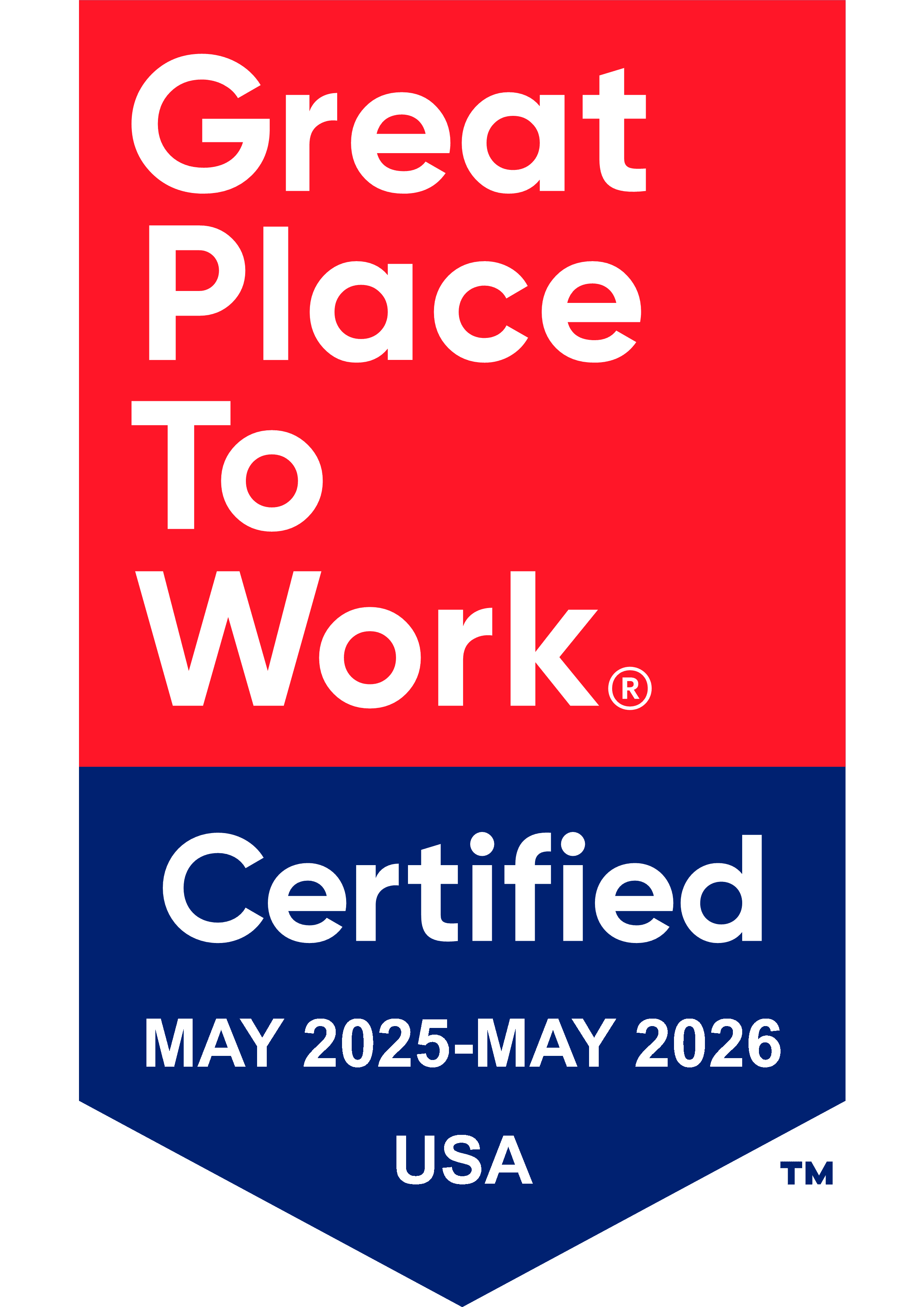When the Link Together Coalition learned that 49 percent of teens in Wheeling Township, Ill., said that they would never get caught by their parents if they went to a party where alcohol was served, they knew they had their work cut out for them.
“We recognize that most parents in Wheeling don’t provide alcohol, but we recognize that it does happen,” explained Jori Ouimet, prevention specialist of the coalition that serves five cities in the township just outside of Chicago. “We wanted to raise awareness about the dangers of providing alcohol to minors in the community. We also wanted to incorporate other messages, like how parents should set clear rules in the home about not using substances and communicating with their kids about it.”
In hopes of reducing 30-day alcohol use rates among youth, Link Together teamed up with law enforcement from all five towns to create a public service announcement (PSA) focused on the consequences of social hosting.
The PSA shows a mother who allows her teen son and his friends to drink alcohol in the home. She justifies it by saying that she would rather see them drink under her roof, rather than somewhere else and also takes away all of their car keys. But after one of her son’s friends leaves the house, he gets into an accident and police find that he is under the influence. He reveals he was drinking at his friend’s house and the mother is arrested.
“It’s important to emphasize that parents are ultimately responsible for their property and the actions that go on in or on that property, even if they aren’t providing alcohol at all,” Ouimet said. “Be aware of who your kid’s friends are, where they are going and what they are doing.”
The coalition hopes the PSA will not only let parents know that they can get in serious trouble for allowing underage drinking in their homes but also to educate people that underage drinking is harmful.
Four out of the five towns in Wheeling Township have a social host ordinance in place, which would penalize adults for providing alcohol to minors or allowing underage drinking to occur on their property. Link Together is looking at strengthening these laws and also implementing social hosting ordinances in the other town within Wheeling Township.
“We recognize that policy change is the most effective way to implement change, so we make sure that we partner with the police department and other partners for assistance in getting it done,” Ouimet explained.
According to the Illinois Youth Survey, about 45 percent of teens say that their parents haven’t talked to them or they don’t remember having a conversation with their parents about not using drugs and alcohol. That’s why the coalition started using the Substance Abuse and Mental Health Services Administration (SAMHSA)’s #TalkTheyHearYou campaign.
All of the high schools and one middle school in the district have #TalkTheyHearYou signage located in highly visible areas, such as where parents pick up and drop off students. The coalition also developed a brochure based on SAMHSA’s #TalkTheyHearYou materials. In addition, a social norm campaign about abstaining from drugs and alcohol is being implemented in high schools.
The coalition also has a youth-led initiative, Your Actions Matter, which is focused on changing adult attitudes about giving alcohol to minors. Materials were created by the Illinois Liquor Commission’s Don’t Be Sorrycampaign. High school and middle school students went with local police officers into local businesses that sell liquor and placed bottle hangers and posters warning of the dangers of buying alcohol for minors. Students and police visited 30 stores and distributed over 7,000 messages with posters and bottle hangers.
In order to get the message across to both youth and parents, the coalition brought in speaker John Underwood, an advocate for drug-free sports, who spoke with 350 parents at a local high school about the importance of student athletes staying healthy. Being healthy not only includes eating and sleeping well, but staying away from alcohol and marijuana. Link Together is working on getting him back next summer to train athletic directors.
“It’s important to build strong partnerships with as many community organizations that you can,” Ouimet said. “Having one-on-one meetings with community stakeholders, informing them of local statistics in the area and making them aware of the good work you are doing is so very important to try to implement change in the community.”


